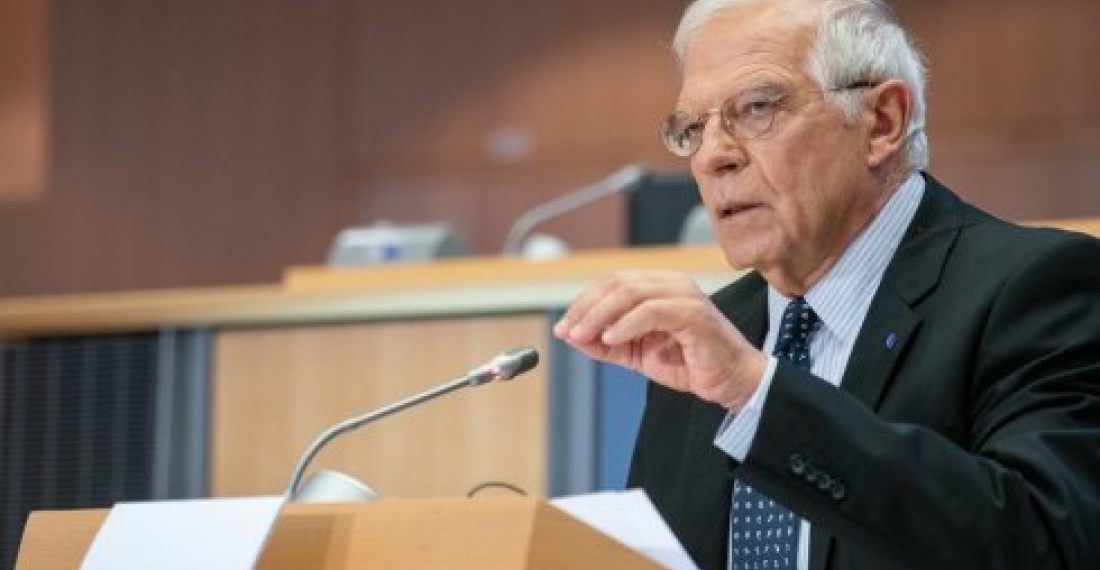EU High Representative for Foreign and Security Policy, Josep Borrell, was in the European Parliament on Tuesday (15 September) to brief MEPs on the role of Turkey in the Eastern Mediterranean, ahead of a special meeting of the European Council of the heads of state and government of the EU, due next week. Speaking about the current tense situation in the Eastern Mediterranean Borrell told MEPs: "I ask you to support my efforts and the efforts of the Council to create the urgently needed space to work with the Turkish leadership, to achieve a de-escalation that will allow to pursue lasting solutions to the underlying problems of today’s crisis."
Borrell told MEPs that this was a watershed moment in EU-Turkey relations:
Turkey's serious backsliding away from European Union values and reforms and tense relations with several Member States led the Council to decide in 2018 for a "standstill" of the accession negotiations and suspension of work on modernising the Customs Union. These were commitments that we took with Turkey on the 2016's agreement and in 2018 the Council decided to standstill on these negotiations and suspend the work on modernising the Customs Union. With the serious developments in the Eastern Mediterranean and Turkish foreign policy actions in the region since last fall, things have become even more worrying and complex. As I said, this is a watershed moment in history on our relations with Turkey.
High Representative Borrell added:
It is clear that solutions will not come from an increasingly confrontational relationship. We do not want it, we do not look for it. Turkey is an important neighbour for the European Union -we are not going to change geography, it will remain so- and it is a key partner in many areas, migration for example. It is going to be difficult to believe that we can solve the migration flows without the help of Turkey, both at the Eastern Mediterranean and now with the Libyan crisis also in the Central Mediterranean.
It is a candidate country for accession, and a large majority of its population embrace our values and look to the European Union as a societal model. But it is clear that developments in Turkey and Turkey's actions in the Eastern Mediterranean and beyond put into question how our relations will develop in the future. We have to look for an answer to these questions urgently.
You can see a video of the speech of High Representative Josep Borrell and the discussion in the European Parliament on the website of the EU audiovisual services here
source: commonspace with the European External Action Service
photo: Josep Borrell (archive picture)






